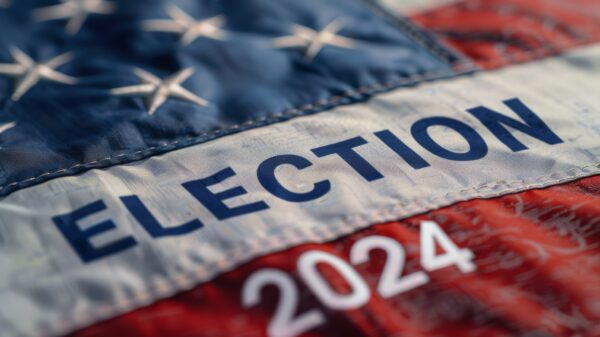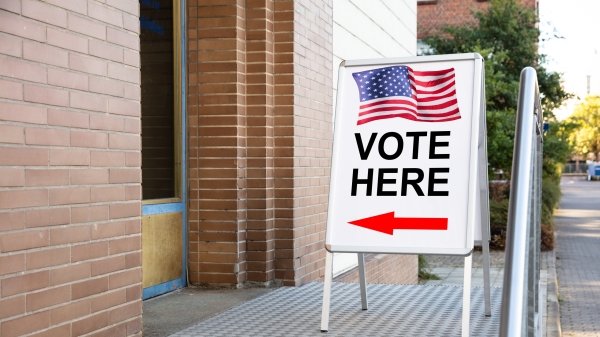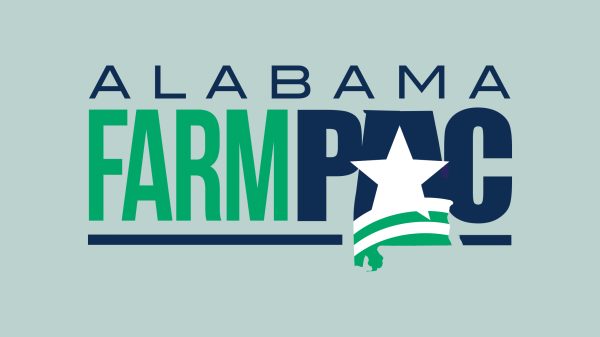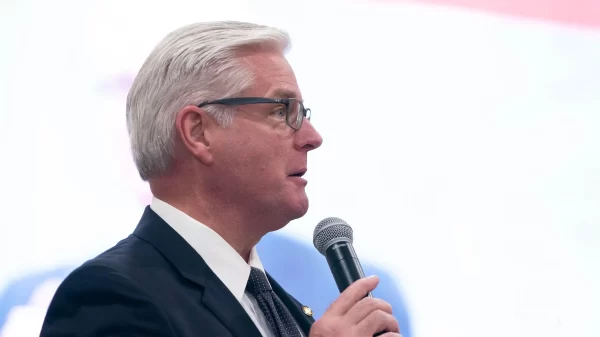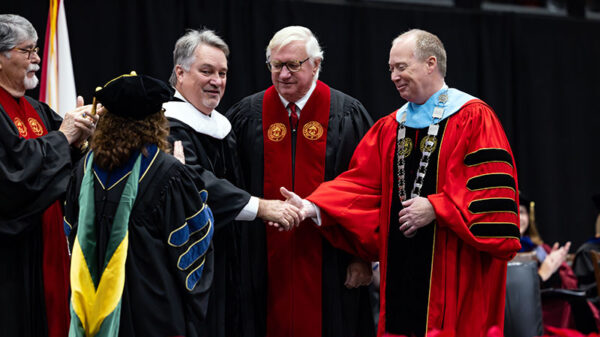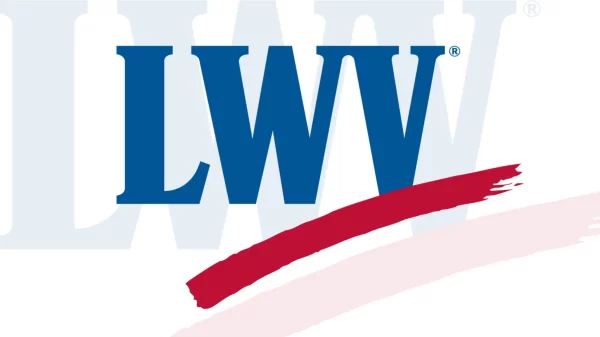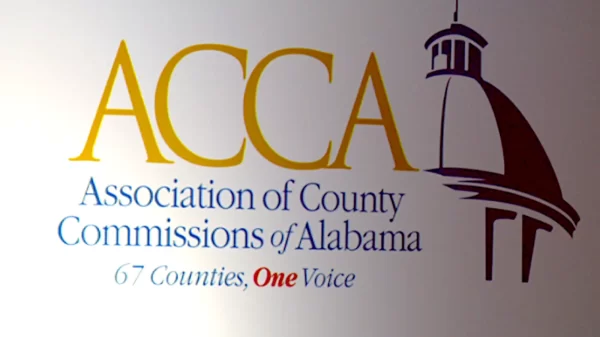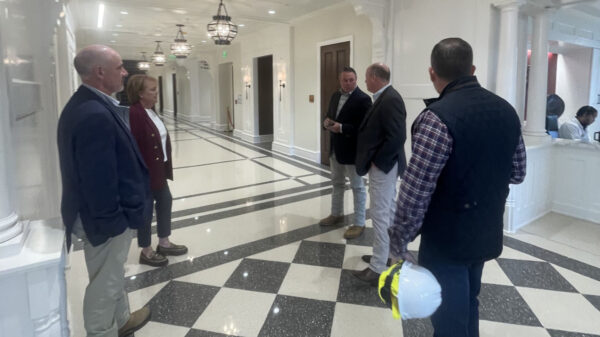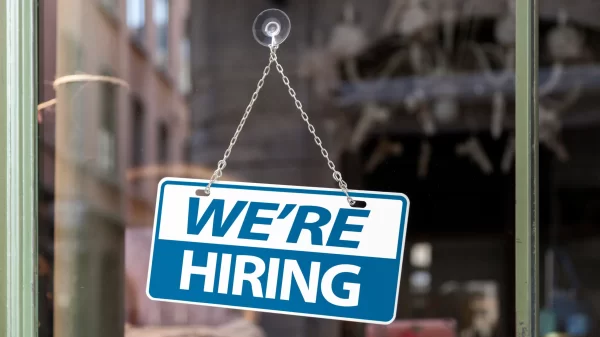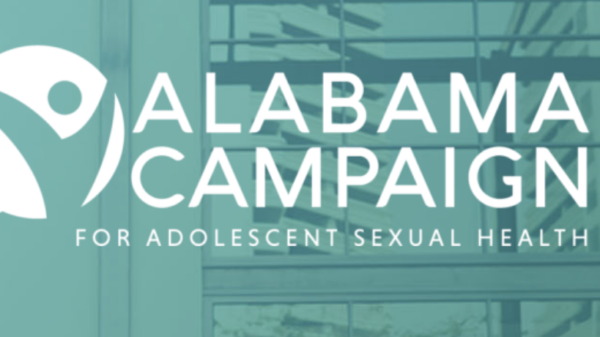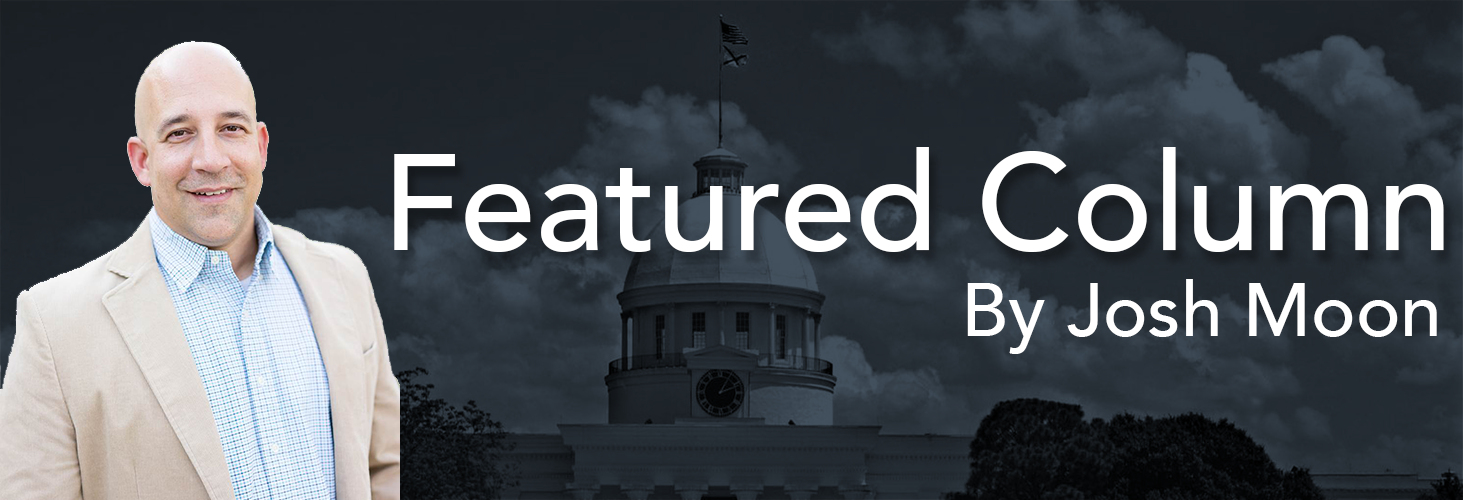A couple of weeks ago, to the surprise of many, Gov. Robert Bentley announced at a press conference the formation of a gambling committee to explore the benefits and costs of legalizing some forms of gaming in Alabama.
While the move was met mostly with indifference from the majority of the State – a government committee doesn’t exactly inspire great excitement – it also seemed like a curious move from a Governor, who, along with Attorney General Luther Strange, had two weeks earlier signed off on a letter to district attorneys and sheriffs around the State reminding them that electronic bingo is illegal in Alabama.
There were also specific letters to the sheriffs and DAs in Macon and Lowndes counties, where casinos – VictoryLand in Macon and Southern Star and White Hall in Lowndes – are currently operating electronic bingo machines.
But at his press conference to announce the committee, Bentley struck a more understanding tone and was careful to note that the odd bingo laws in the state have resulted in confusion. He said he understood how Macon officials could believe that the electronic games are legal in that county.
It seemed to be a sharp turn for the Governor, and according to two sources close to Bentley, there was good reason.
Those sources said Bentley was surprised to learn after the letter was released that his personal attorney, Joe Espy, would be forced to resign because the letter created a conflict. Espy also represents VictoryLand and its owner Milton McGregor.
The Governor, the sources said, felt somewhat betrayed and wanted to make it clear that he was distancing himself from the AG’s office. The committee was a way to place a barrier between the two offices.
Welcome to the continuation of Alabama’s Bingo Wars.
Despite a legislative session filled with possible avenues that would have led the state away from its long battle over electronic bingo, we will likely end 2016 and begin 2017 in the same, familiar fashion: Arguing over what’s legal and what’s not in Alabama.
“The issue of gaming in Alabama has been the subject of dispute and controversy for years,” Bentley said at his press conference. “In my opinion, it is something that will never die.”
Where we are now
Had the state legislature approved one of two lottery proposals during its 2016 session, the dispute over electronic bingo would likely be moot.
Those lottery bills would have likely brought, one way or the other, new slots-like games into Alabama. Known as video lottery terminals, those new games have become popular in states where a lottery has been legalized, primarily because they are easy to approve for state legislatures.
The VLTs are machine replicas of the computers that generate scratch-off lottery cards. Only, instead of rubbing a coin on a piece of paper, you push buttons on a machine that’s dressed up to look like a slot machine.
Gaming manufacturers have devoted a high number of research and development dollars to the new games. There is still enough demand for electronic bingo machines – specifically from the Poarch Band of Creek Indians in Alabama – that manufacturers haven’t completely abandoned those machines, but a lottery in this State would have sped up their death.
That was why it was important for the State’s current non-Native American casino owners to push for killing Bentley’s lottery-only proposal. Because by legalizing the lottery, it would have opened the door for Bentley to negotiate a compact with the Poarch Creeks that would have cemented their monopoly in the state, expanded their reach and allowed the VLT games in their casinos – a change that would have spelled doom for the operations in Macon, Lowndes and Greene counties.
Bentley has repeatedly denied that he or anyone in his office had spoken with Poarch Creek representatives about a potential compact prior to the lottery vote. But four legislators, in separate, independent interviews, said Bentley had personally reached out to them and encouraged them to attend a meeting with the Poarch Creeks and their lobbyists.
At that meeting, the lawmakers said, details of a potential compact were discussed, along with other options for the tribe aiding the state in some manner. Among the proposals discussed were plans to allow three more Poarch Creek casinos in the State – in Ft. Payne, in the Muscle Shoals area and in Birmingham.
A little-known clause in the laws governing Native American gaming would have provided Bentley with the authority to approve the expansion as part of a compact. But without the lottery approval, the specifics of state and federal laws get significantly trickier.
According to the Indian Gaming Regulatory Act, which sets the rules for gaming on Native American lands, tribes can open casinos on non-tribal lands, so long as the land is purchased from funds derived from tribal interests and the governor of the state signs off. The agreement must still be approved by the Department of the Interior.
However, under Alabama law, Bentley cannot grant the Poarch Creeks a monopoly on gaming, nor can he authorize the use of Class III games unless the games are in use elsewhere in the State.
Without those bargaining chips, Bentley would have been limited in what he could ask the Poarch Creeks to give up in tax revenue. Under a Class III gaming compact, most tribal-state agreements of late have landed in the 7-percent range. But without exclusivity and without expansion of what the tribe is already able to offer, that number could be cut in half.
That would mean, assuming the Poarch Creeks are still earning in the neighborhood of $400 million from their three casinos, the State’s tax cut would be less than $15 million.
While that money would still be welcomed in this cash-strapped state, it would do little to fix the overall budget shortfalls.
Gambling Purgatory
All of that has left Alabama in a familiar position: Gambling purgatory.
Because state lawmakers have failed, again, to act on legislation that would settle these basic gaming disputes that even the Governor and other lawmakers admit are valid disagreements, we are left with some casinos operating in a sort of gray area, Poarch Creek casinos operating without a tax-paying compact and precious little revenue flowing to the State coffers from any of it.
And the reason for that is even more curious, considering Alabama voters’ changing feelings on gaming. Once upon a time, in the late 1990s, gambling was a touchy issue around the State. But recent polling, conducted by Republican pollsters utilizing questions that were anything but leading, reveal a massive shift.
One poll conducted late in 2015 found that better than 70 percent of voters in the State would support gaming in any form as a means of tax revenue. Even among self-identified conservative voters, the approval ratings of the games surpassed 60 percent.
And for good reason: in a state where tax increases are as likely as cutting football expenses, gaming offers a significant amount of revenue. And while it can be argued that gambling revenues rarely increase over the years and that additional problems suck up some of the revenue, the counter to that is that the State’s citizenry is already participating in gambling – at the Poarch Creek facilities, in the lotteries in Georgia, Tennessee and Florida and in the full casinos in Mississippi.
That’s to say nothing of the massive amounts of money spent weekly by people in Alabama on illegal and off-shore gambling on any number of events and games, such as college football and online poker.
Bentley’s gambling committee could go a long way towards providing clear, concise numbers upon which lawmakers and the public could base their future decisions on gaming. And regardless of the outcome, it could do the one thing that has been sorely missing: create ironclad laws.
Because Bentley is accurate when he says there is confusion about the State’s gaming laws. And he’s correct when he notes that people on both sides these arguments have valid positions.
The Alabama Supreme Court has shot down attempts to legalize electronic bingo by county amendment. But Greene and Macon counties, through the same legal process by which we have legalized alcohol sales in some counties, have approved the electronic games.
Neither side, it seems, plans to budge. Which means the State’s lawmakers will have to settle it.


